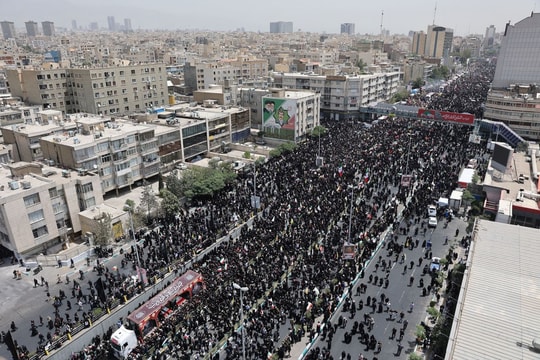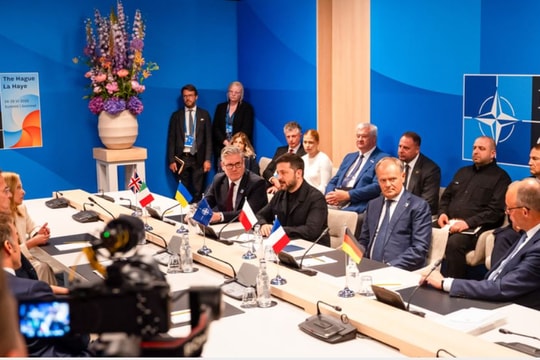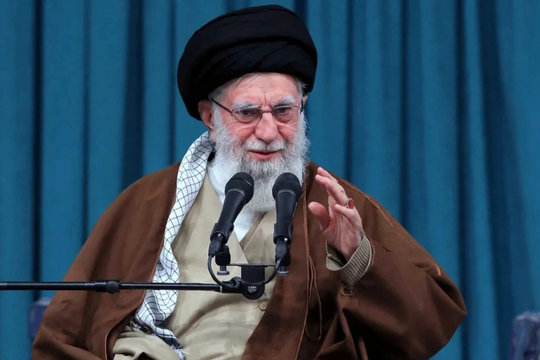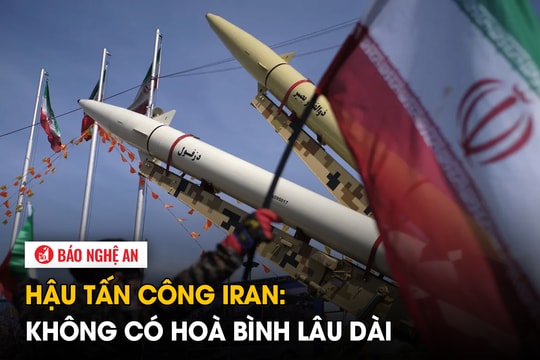Iran bans UN atomic energy chief, alleging 'biased' report
Tehran has banned the International Atomic Energy Agency (IAEA) from inspecting its nuclear facilities, accusing the agency of distorting the truth in a recent report that provided justification for Israeli and US attacks on the Islamic Republic.
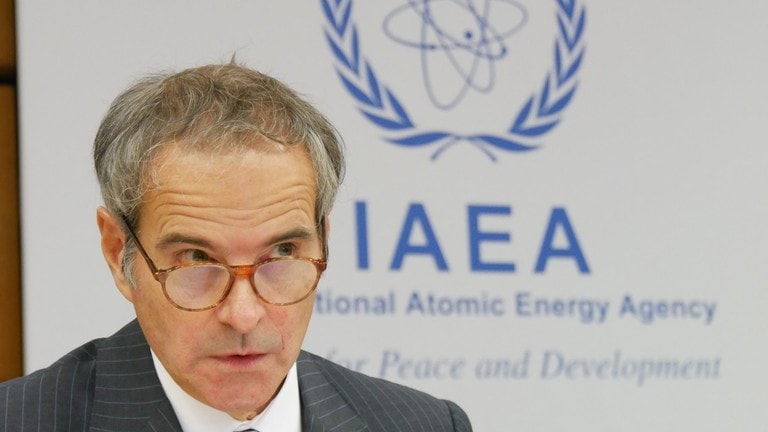
Iran's Mehr news agency on June 28 quoted Iran's Parliamentary Vice Speaker Hamid Reza Haji Babaei as saying that Tehran will no longer allow IAEA staff, including Director General Rafael Grossi himself, to inspect its nuclear sites. He added that the agency's surveillance cameras at the facilities will also stop working.
Earlier this week, Iran's constitutional watchdog, the Guardian Council, passed a bill to suspend cooperation with the IAEA until Iran is given security guarantees for its nuclear facilities. The bill is now awaiting ratification.
The decision came after a brief conflict that erupted on June 13, when Israel, which for years has claimed Tehran was secretly developing nuclear weapons, launched major airstrikes targeting several nuclear facilities and killing several top Iranian military commanders and scientists.
Last Sunday, the US joined Israel's military campaign, attacking the Natanz, Isfahan and Fordow nuclear facilities. Shortly afterwards, a ceasefire was reached between Israel and Iran.
Iran has always maintained that its nuclear program is entirely for peaceful purposes.
In a post on social media X last week, Iranian Foreign Ministry spokesman Esmaeil Baqaei accused the IAEA of issuing a “biased report,” “obscuring the truth,” and being “instrumentalized… to create a resolution” that Israel then used to justify “an illegal attack” on Iran’s nuclear facilities. He also implied that the agency had passed “sensitive facility data” to Israel.
The controversial IAEA document, released earlier this month, stated that, “Iran is the only country in the world without nuclear weapons that is producing and stockpiling uranium enriched to 60%.”
The board of the UN nuclear watchdog later declared Iran in breach of its non-proliferation obligations for the first time in 20 years, with 19 of the 35 IAEA member states backing the resolution, including the US, UK, France and Germany.
Appearing on CNN, Mr. Grossi asserted that the agency's report "can hardly be the basis for military action." He added that the IAEA "has no indication that there is a systematic program in Iran to build, produce nuclear weapons."
On June 23, Russian Foreign Minister Sergey Lavrov declared that, "the Europeans... actively prepared Mr. Grossi to include the most vague negative formulations in his report."
Weeks before the Israeli and US airstrikes, Reuters news agency also cited unnamed diplomats making similar allegations.

